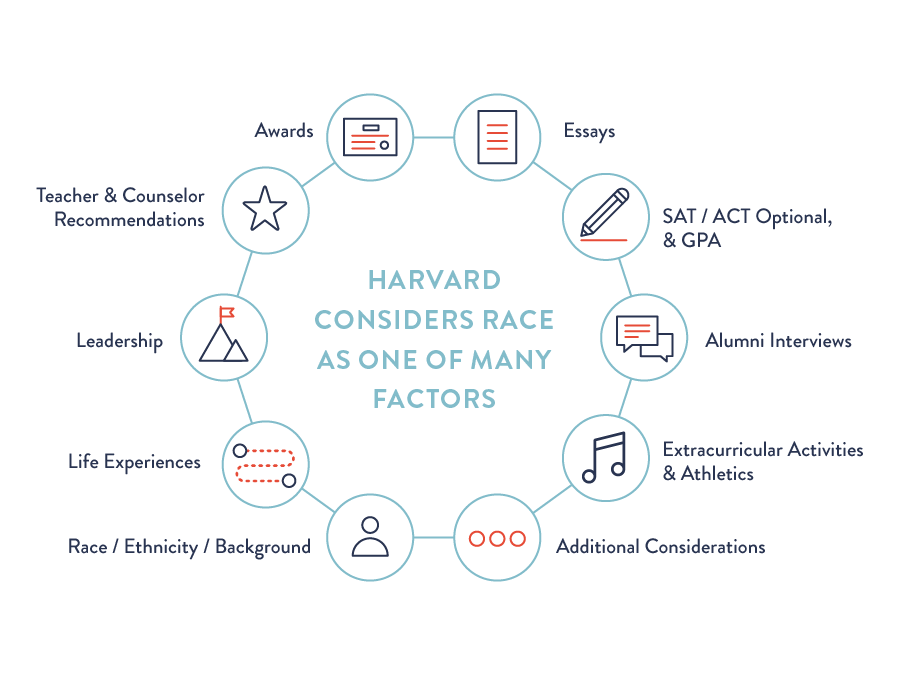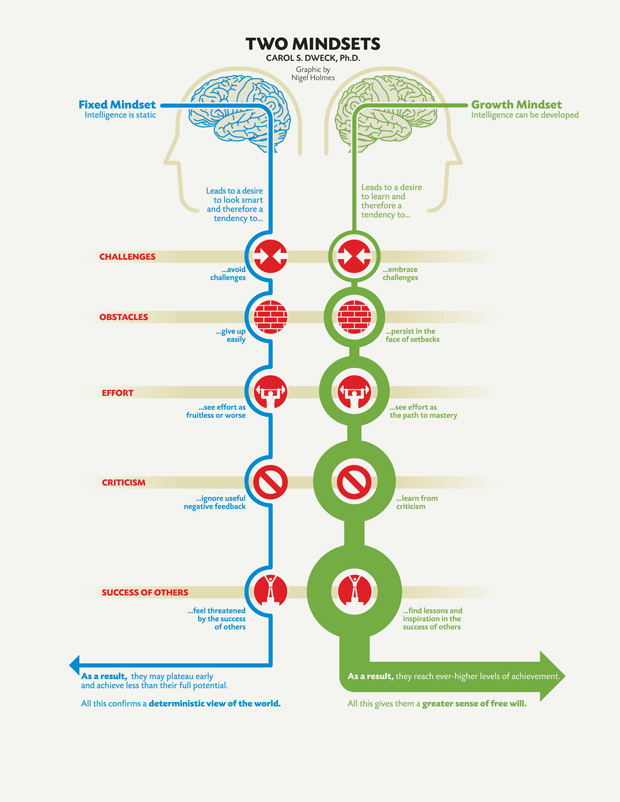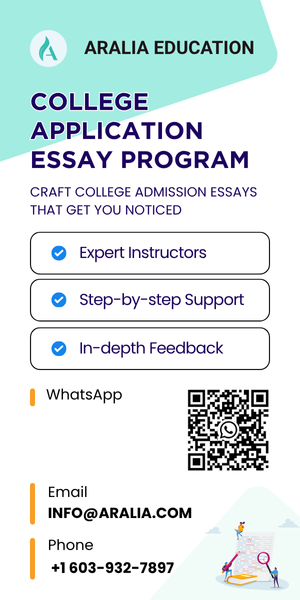What is a 4.0 GPA in high school?
When students talk about a 4.0 GPA, they’re referring to an unweighted 4.0 GPA; but what exactly does that mean?
It means you have to receive at least an A or A+ in all the courses you have taken. If you hope to attend a competitive college, receiving the highest GPA possible throughout your high school career is critical. CollegeBoard has released a conversion from letter grade (A+ to F) and percent grade (100 to below 65) to GPA on the 4.0 scale.
| Letter Grade | Percent Grade | 4.0 Scale |
| A+ | 97-100 | 4.0 |
| A | 93-96 | 4.0 |
| A- | 90-92 | 3.7 |
| B+ | 87-89 | 3.3 |
| <B | 83-86 | 3.0 |
| B- | 80-82 | 2.7 |
| C+ | 77-79 | 2.3 |
| C | 73-76 | 2.0 |
| C- | 70-72 | 1.7 |
| D+ | 67-69 | 1.3 |
| D | 65-66 | 1.0 |
| E/F | Below 65 | 0.0 |

Tips to get a 4.0 GPA
Before we go into tips for reaching a 4.0 GPA, we want students to remember that, although your GPA is an important piece of your college applications, you don’t need a perfect GPA to apply for top competitive schools! For example, The Harvard Crimson reported that many students who were accepted to Harvard had an average GPA of 3.95 on an unweighted 4.0 scale. Therefore, getting less than a 4.0 GPA won’t prevent you from getting into your dream school because colleges also consider at awards, essays, extracurricular activities, etc.
Step 1: Having a Growth Mindset
Looking at this graph created by Carol Dweck P.h.D, you can see the differences in thought processes between having a fixed mindset versus a growth mindset. Students with a growth mindset embrace challenges, persist despite setbacks, see practice and hard work as the path to mastery, learn from criticism, and find inspiration in the lessons of others. Applying this mindset to learning, you will realize that classwork is not about “intelligence” but hard work and dedication. “Genius is 1% talent and 99% hard work,” said Albert Einstein. If you think you can get better, you will be driven to work harder.
When we discuss working hard, this also means working smarter. Start by figuring out your learning style: visual learner, auditory learner, or hands-on learner. Understanding your learning style is a long process that requires you to try out each way before figuring out what works best for you. However, learning will be easier and more enjoyable once you get it down. Having a growth mindset also means being able to hear and apply constructive criticism to your life to help you grow. Criticism may sometimes make you feel frustrated or discouraged; however, choosing to reflect on criticism from trusted teachers and classmates can help you improve tremendously.

Step 2: Get a head start on future classes through planning
Planning ahead for classes is another method for students to anticipate course load and see where they have room to challenge themselves in the future. Course planning is totally up to personal preference and goals. We also published a guide on How to Create a Four-Year Plan, High School Edition.
Planning ahead helps you to be mentally prepared for what is to come and give yourself a head start on future classes. If you spend excessive time outside of class reviewing lessons and notes, perhaps it might be advantageous to spend the summer and winter breaks before school starts previewing knowledge that will be covered in school the following semester. With this method, you will spend less time reviewing during the school year, and more time improving and focusing on your personal growth. To divide your time and effort accordingly, you can always ask the upper-level students or teachers about the course workload. If you are looking for improvement opportunities during summer and winter break time, consider participating in Aralia’s classes! Aralia offers a wide range of courses, from academic tutoring to college preparation and standardized tests. Check out our all-online courses list to learn more. Our students have improved significantly due to their participation in our classes. Check out our results here.
While planning and preparing for future classes, don’t forget to ask for help when needed. Teachers want to see you succeed, and they are there as a valuable guide and resource; therefore, you should take all possible chances to ask questions and ask for clarification wherever possible.
Step 3: Tailor study strategies for each class
While tackling a math problem requires accuracy and attention to detail, composing an analysis essay necessitates creative thinking and the ability to break down complex concepts. As such, mastering each skill demands completely different approaches!
Science Classes
Science classes refer to biology, math, statistics, physics, chemistry, etc. Students are tested on their logical reasoning and practice. Advanced knowledge is built upon a foundational understanding of earlier concepts in science classes. Look at this simple math equation; you will need first to learn addition and subtraction, then multiplication and division, all on top of understanding the proper order of operations that you learn in later grades (parentheses, exponents, multiplication, division, addition, then subtraction). All this goes to say that if you don’t fully understand a foundational concept at the beginning, breaking something down into its constituent parts will help you better understand how to solve the problem.
English Classes
In English classes, students learn both Writing and Literature courses, as well as the nuances of speaking and writing in the language itself. Although Essay Writing is not a subject with clear-cut right or wrong answers like Math, it still requires much diligence to master. Students must be mindful of their instructor’s grading style and tailor their essays accordingly; while some teachers prefer adherence to a formulaic structure such as the Five-Paragraph essay format, others might favor creativity expressed through unique voice and tone. Some might say English classes are the hardest to get an A in. English classes are challenging, especially because writing essays involves the combination of reviewing, reflecting, and effective communication. However, if you show your teachers that you put effort into essay writing and strive for better, you will have the chance to earn a higher score.
Classes that require memorization
You all know which classes we are talking about History and Foreign Language classes. Memorizing information is challenging for many students because your brain can only retain so much information at once. Each student has a different way of memorizing information, like using flashcards. Flashcards can be good for casual review, but more involved methods are usually better for long-term memorization. For long-term memory, you will probably only remember one-third and maybe two-thirds of the stack. A good recommendation is to understand the bigger concepts behind the facts you are trying to memorize. This will help you to put each fact into its broader context, and then find connections between things to memorize them more easily, or just use a mind map.
In conclusion, high school GPA is an important indicator of college admission and job prospects. Improve your GPA by planning and preparing for future classes, tailoring study strategies for each class, taking advantage of summer or winter break opportunities with Aralia courses, asking teachers questions whenever needed, and finding ways to memorize efficiently. With the right attitude and dedication, you can achieve that 4.0 GPA that will open up many doors in the future! So, don’t forget to stay focused on what matters most: your academic success!











